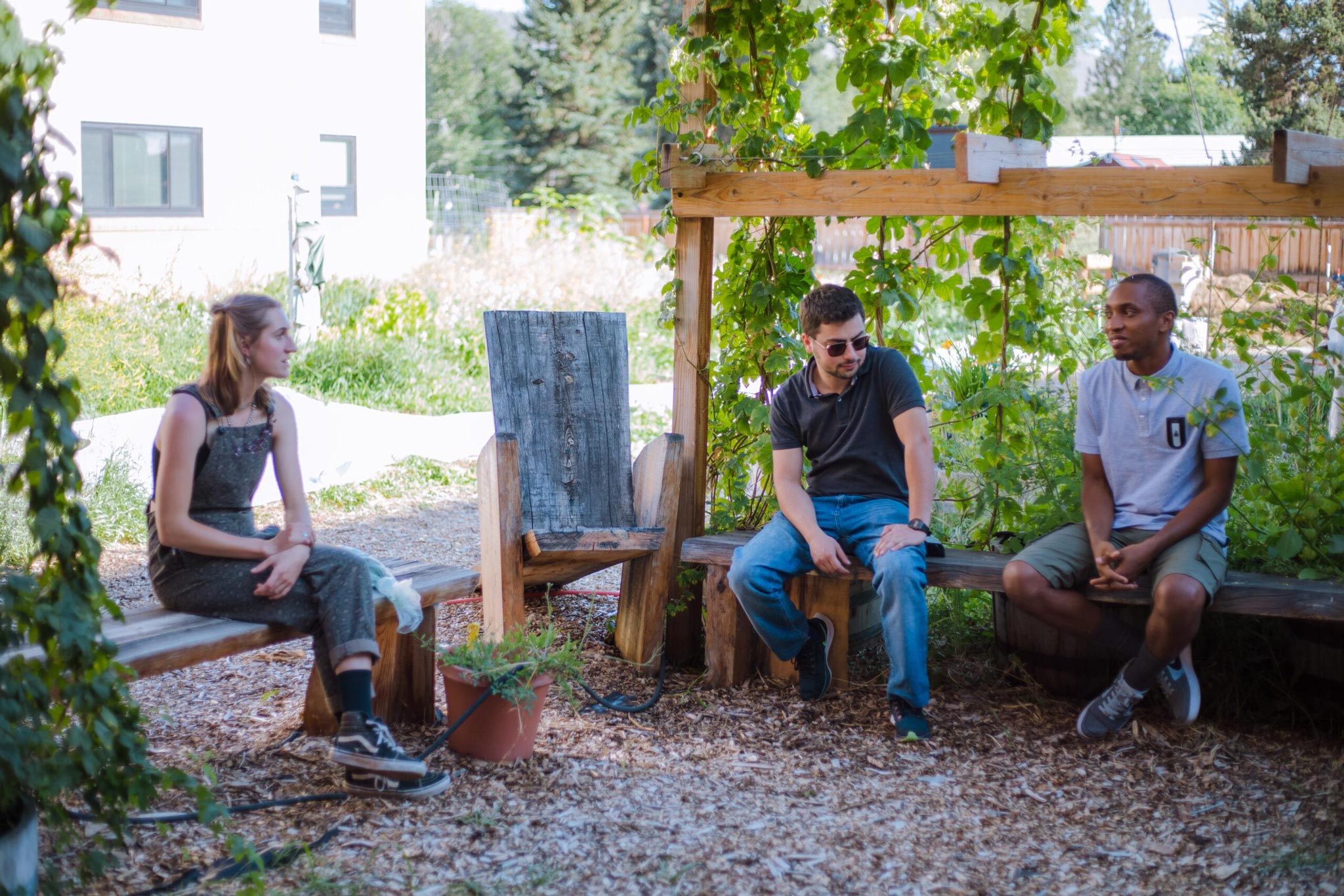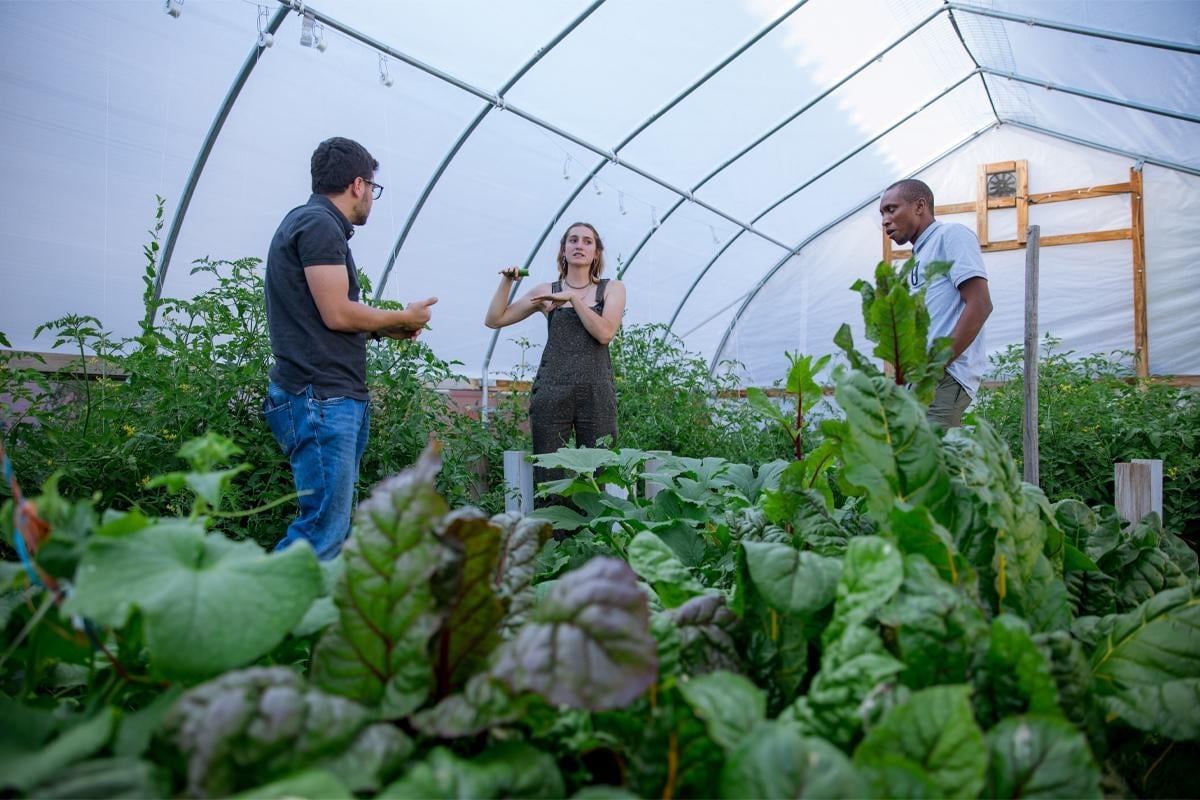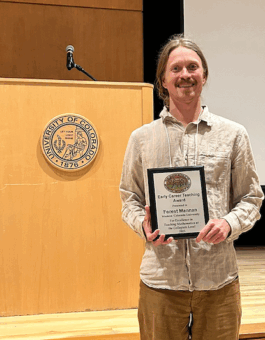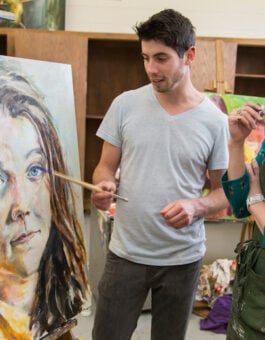Program focused on bringing underrepresented groups into the fold
Let’s face it: Interns are often more work than they’re worth to the companies and organizations that host them. The value is often one-sided when companies or organizations spend staff time and energy training interns to do a job they will only perform for a short period of time.
But internships are also an incredibly important part of the college experience. According to the National Association of Colleges and Employers, students who had internships are 20 percent more likely to get full-time job offers than those without internships.
To offset the impact interns have on the companies and organizations they work for and maximize the experience for students, Western Colorado University’s Clark Family School of Environment and Sustainability has found a novel way to make internships a winning proposition for everyone involved.
With the help of a $260,000 grant from the USDA’s National Institute of Food and Agriculture program, The Clark School will pay seven graduate assistants in the Master of Environmental Management (MEM) program to create internships for three non-profit organizations. The graduate assistants will then plan the outreach and recruit between four and 24 undergraduate students for the internships, review their application materials, and train them so they can be contributing members of the team as soon as they start.
Building a Sustainable Internship Model for Undergraduates and Graduate Students
As the Director of Western’s Undergraduate Environment and Sustainability program, member of the graduate faculty in the MEM program, and Director of the Center for Cold Climate Food Security, Dr. Kate Clark is uniquely situated to oversee the new program and is excited to test the new model.
“We’ve realized that when we ask an organization to take on one of our undergrads as an intern, it’s a lot of work for that organization,” Clark said. “The undergrads need to find out how to be helpful and contribute. A lot of times, it’s a lot more work for an organization than they’re getting back from a student. This program is a great way to mitigate that impact.”
The program is also a great way to give graduate students management experience within their chosen field of study and serve the organizations they’re placing interns with as employees themselves. In these roles, graduate students learn how to be excellent and empowering mentors to undergraduates in their internship positions.
“In the Clark Family School of Environment and Sustainability, we’re in the business of boosting the capacity of our broad network of agency and non-profit partners,” Dr. Micah Russell, Dean of the Clark School, said. “We do this by facilitating internships for undergraduates and fellowships for graduate students. We know that these opportunities provide unparalleled educational and portfolio-building experiences for our students, but we are very careful to ensure that the students take on jobs and projects that the organizations would ordinarily not have time and personnel to fulfill.”
Program hopes to recruit BIPOC students
According to the grant proposal, the program will focus on “inclusive leadership,” and The Clark School will use the money to attract and pay three graduate students from underrepresented communities $20,000 each year to create internships for the Center for Cold Climate Food Security, Western’s Center for Public Lands (CPL), and (HOC), which is a national organization focused on making a space for those who are Black, Indigenous, and People of Color (BIPOC) in the outdoors.
In the third year of the grant, Clark is anticipating that the groundwork will be laid so the program will only need to hire one graduate assistant to do the work three graduate assistants did in the previous two years.
“The graduate assistants in years one and two will do a lot of the work of establishing the paperwork and training materials for the undergrads,” she said. “So, there will be a strong foundation. And then, one graduate student in year three will be able to take over the entire cohort of new interns.”

A Student’s Perspective: Bridging Passion and Public Lands Management
Eloise Armour is a first-year MEM student studying remotely from Missoula, Montana who has been interested in working with the CPL for several years. As someone who has been working for the U.S. Forest Service for the last five years and is passionate about public lands, she’s excited about helping undergraduates find a place in public lands management.
“For the CPL, the internships could mean anything from trail work with a Gunnison-based non-profit, shadowing a game warden with Colorado Parks and Wildlife, working as an interpretive ranger at the Black Canyon of the Gunnison, interning with a fisheries biologist at Curecanti National Recreation Area, or doing avalanche work with the Crested Butte Avalanche Center,” she said. “The world of public lands is our oyster!”
While the undergraduate interns will be working to support environmentalism, stewardship, and conservation, the program hopes to recruit undergraduates from across the Western community for roles that will likely vary significantly across the three organizations, and even within them.
“Sometimes these organizations might be wanting business students or computer science students to do that kind of work,” Clark said. “So we would be looking at undergrads in all disciplines to see what kinds of opportunities there might be that suit them and their skills.”
For more information about how you can participate as a graduate assistant or undergraduate intern, contact Kate Clark at kclark@western.edu or visit western.edu/school/school-environment-sustainability/.
Author Credit: Seth Mensing


